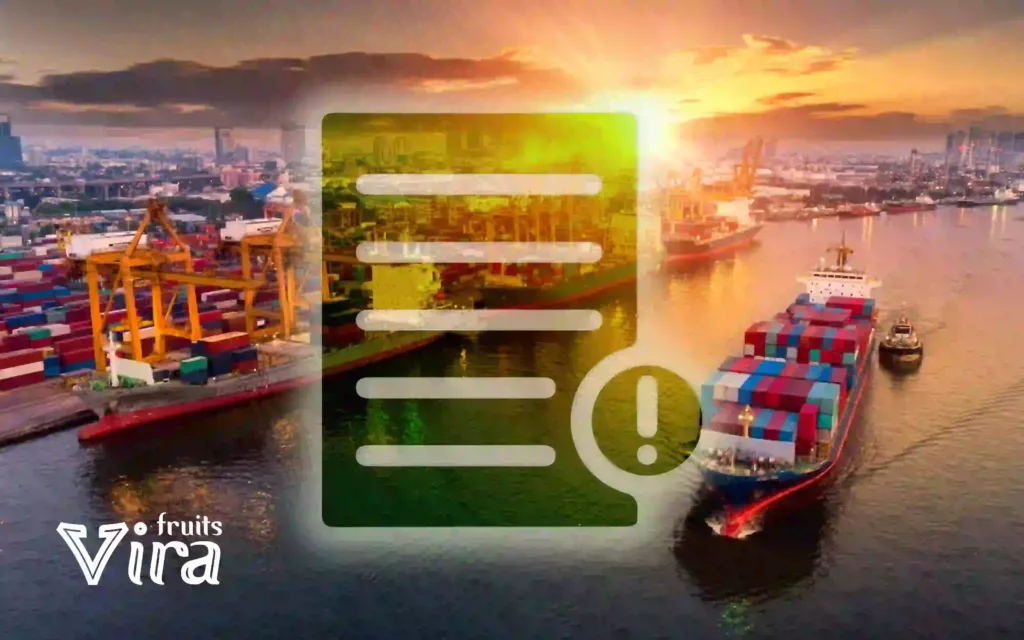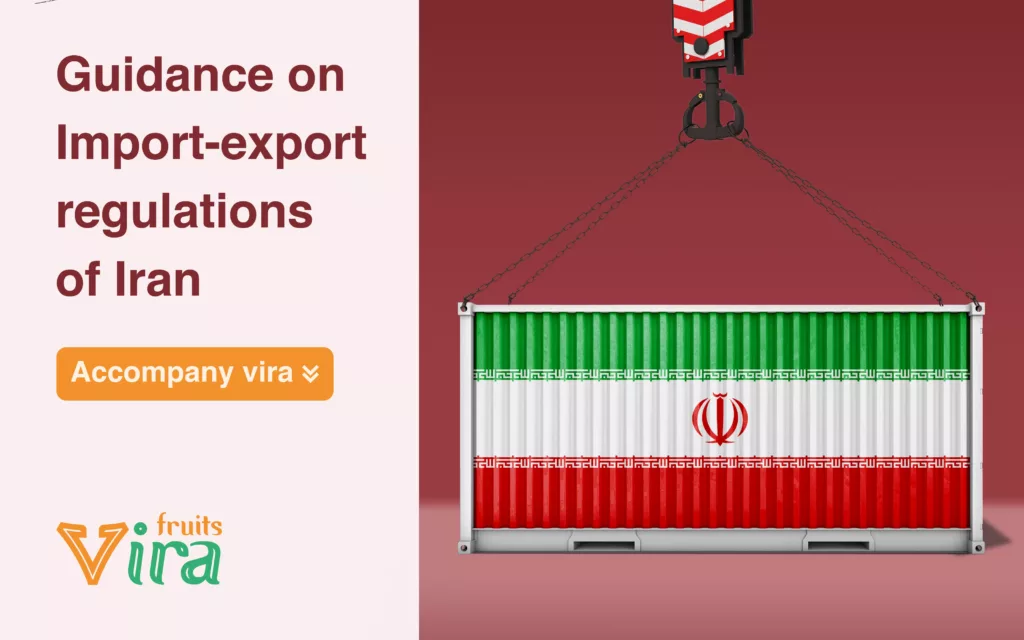Significant laws and import-export regulations of Iran have been initiated by the Ministry of Mine, Industry and Trade and the Islamic Consultative Assembly of Iran, which are the main regulating bodies in this particular field. The Export-Import Regulations Act was amended recently, so this act applies in this area. A wide range of service delivery issues is covered by this act, including matters of delivery of related services to all exporters and importers. There is also a system for achieving export or import restrictions on goods. These are the three categories that exist currently:
- Prohibited products
There are prohibitions which Islamic Sharia Law and National Law have put into action. If there is a prohibition on any product, any action like importation, exportation, sale, purchase, and consumption is prohibited. In other words, the product is at absolute prohibition.
Prohibited goods include the following:
- Gambling tools
- Weapons, ammunition, and explosive goods; alcoholic drinks
- Narcotic drugs
- All types of writings that are against the official religion of Iran or that might disturb the discipline, national dignity, and public purity
- All magazines, films, and photos that are against the religious and national dignity of Iran.
- Permissible products
Export/import of these products shall be exempted from licensing requirements if the applicable criteria attached to them are observed
- conditional products
You must apply for a license in order to export and import this category of goods, and a license will enable you to take action.
It is permissible for the government to declare some goods unauthorized based on time and conditions under the Export-Import Regulations Act. Even though this category isn’t explicitly mentioned, it is factored into the three categories. Those products that are readily available on the national market do not fall under this category and therefore are not required to be imported for the domestic market.

Recent moves in Iran import-export regulations
Iran’s export and import policies have generally restricted or prohibited importing foreign goods and products in recent years. This is primarily due to the adoption of strict economic policies and the encouragement of foreign investors to invest and produce afar instead of exporting their products. Importing goods from Iran is restricted or forbidden, and tariffs have increased on importing such goods. Furthermore, in order to encourage the production and export of high-quality products and to promote economic development, provisions and benefits are envisaged in the laws and regulations in order to benefit Iranian producers and exporters.
Aside from the above, considering special provisions of exporting tourism, technical, cultural, engineering, artistic and labor services have also been considered. This has resulted in the engineering technical services sector receiving greater attention than other service sectors. Iranian engineering services have been exported since 1994, and the government has so far taken many measures to facilitate the growth of the industry, which have all had a significant impact on the uptick in exports.
Any incentives and concessions to be applied to services exportation from Iran shall be included in the Third Five Years Economic Development Plan Act (Article 113). Iran’s trade system is based upon its international dimension. This system will facilitate the import and export process by facilitating the order registration process, obtaining necessary licenses, requests for business cards, and other steps required to import or export goods.

Step by step guidance for importation
An export or import license is needed when you intend to import or export goods. The person can import the goods based on the invoice registration document. Obviously, this license allows you to enter your goods into the country, while the rest is a matter of clearing customs. Iran Trade Promotion Organization issues the order registration license. The order is systematically registered through the Comprehensive Trading System. The Food and Drug Administration, however, requires special authorization for some goods before their importation. These include medical equipment and cosmetics that require approval before ordering.
